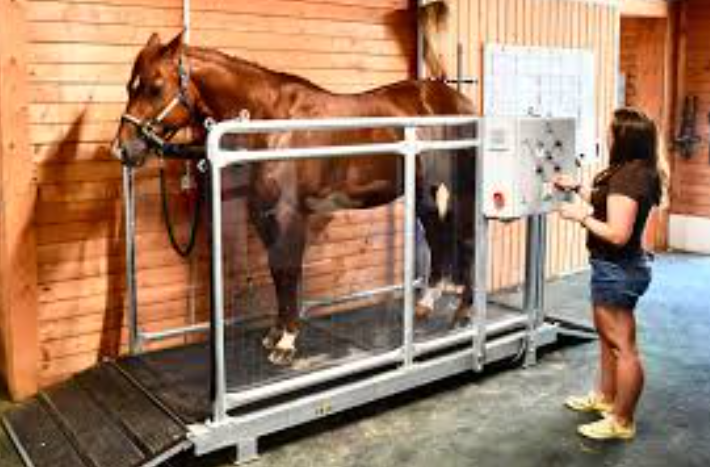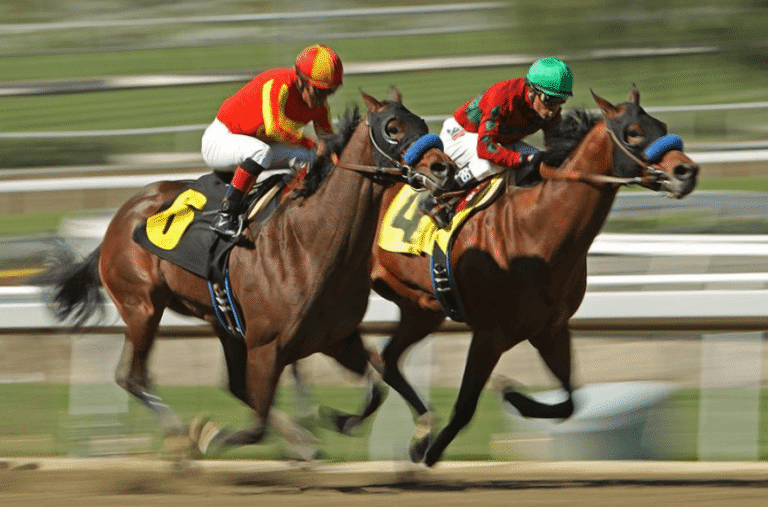Horse Racing and Animal Welfare: What You Need to Know
Horse racing is a complex industry that intertwines the athleticism of racehorses with their welfare. The rigorous training regimes and nutritional requirements play a pivotal role in maintaining these animals’ health. However, the sport faces scrutiny over common health issues and ethical considerations. As awareness grows, so do discussions around regulations and alternative practices. Understanding these dynamics is essential for grasping the future of horse racing and the well-being of its equine participants.
The Life of a Racehorse: Training and Care
Although the thrill of horse racing captivates many, the life of a racehorse is a complex interplay of rigorous training and dedicated care.
Effective training methods combine physical conditioning with mental stimulation, while proper racehorse nutrition ensures optimal health and performance.
Balancing these elements is crucial, as it fosters not only the horse’s athletic prowess but also its overall well-being and quality of life.
See also: 10 Famous Horses That Made History in Horse Racing
Common Health Issues in Racehorses
While the excitement of race day often overshadows the challenges faced by racehorses, common health issues can significantly impact their performance and longevity.
Lameness is a prevalent concern, necessitating effective lameness prevention strategies. Additionally, injury rehabilitation is crucial for recovering horses, ensuring they return to optimal health.
Addressing these issues compassionately enhances the welfare of racehorses, allowing them greater freedom and well-being.
The Role of Regulations and Oversight
Regulations and oversight play a critical role in safeguarding the welfare of racehorses, ensuring that their health and safety are prioritized within the competitive racing environment.
A robust regulatory framework, guided by ethical standards, is essential for enforcing humane practices. These measures help to mitigate risks and promote accountability, fostering a culture of compassion and responsibility among stakeholders, ultimately benefiting both horses and the sport.
Alternatives to Traditional Racing Practices
The increasing focus on animal welfare in horse racing has prompted exploration of alternatives to traditional racing practices that prioritize the well-being of the horses.
Innovations such as synthetic tracks enhance safety and reduce injury risk, while promoting humane treatment of equine athletes.
These alternatives foster a more compassionate environment, supporting the idea that the freedom and welfare of horses should take precedence over conventional racing methods.
Conclusion
In the vibrant world of horse racing, where thundering hooves echo on the track, the harmonious balance between competition and compassion must prevail. As the sun sets on each race day, the welfare of these majestic athletes remains paramount, guiding the industry toward a future marked by innovation and care. By prioritizing their health and well-being, the racing community can ensure that every gallop is not just a pursuit of glory, but a testament to respect and responsibility.




